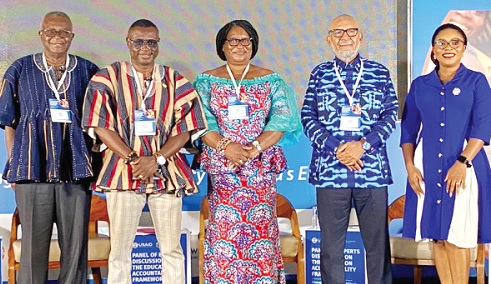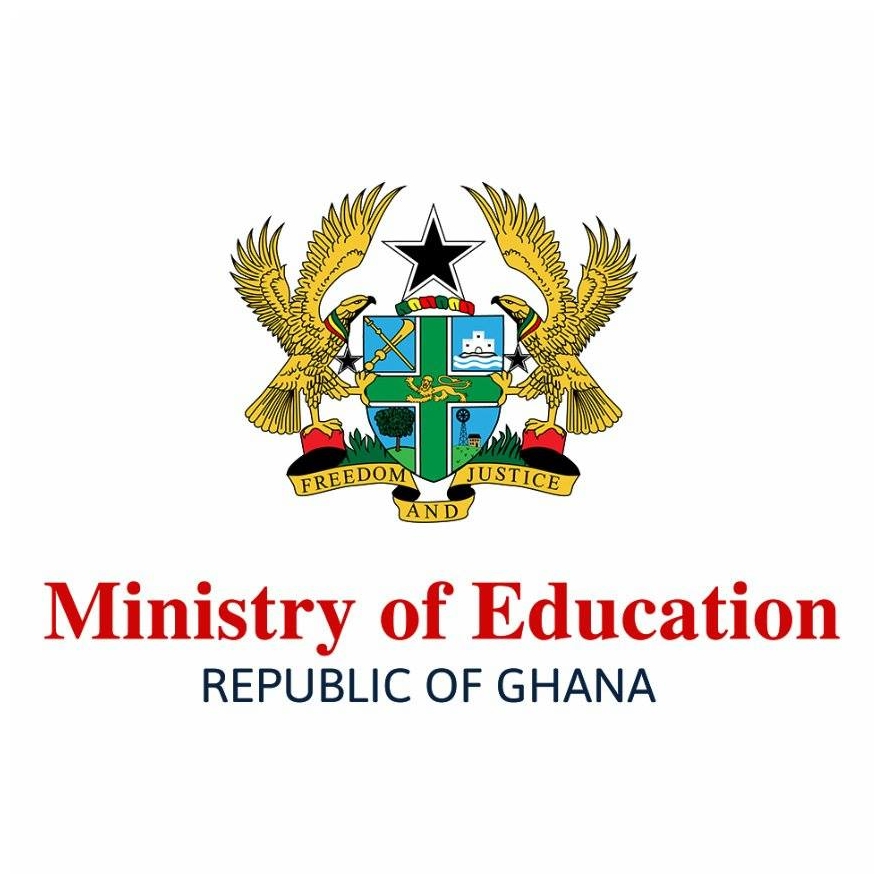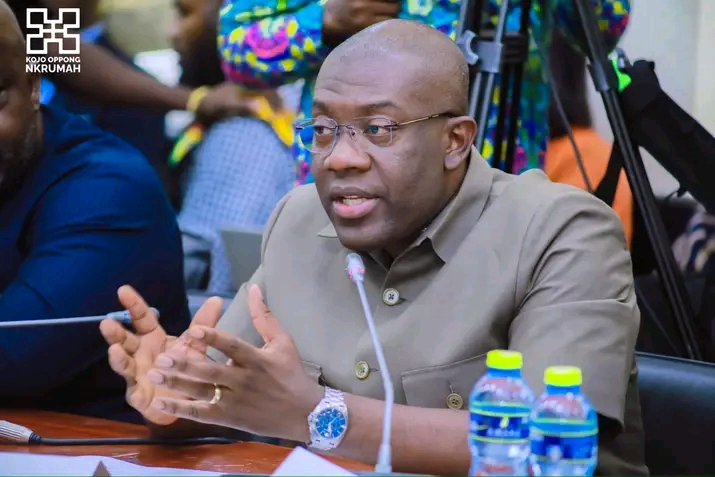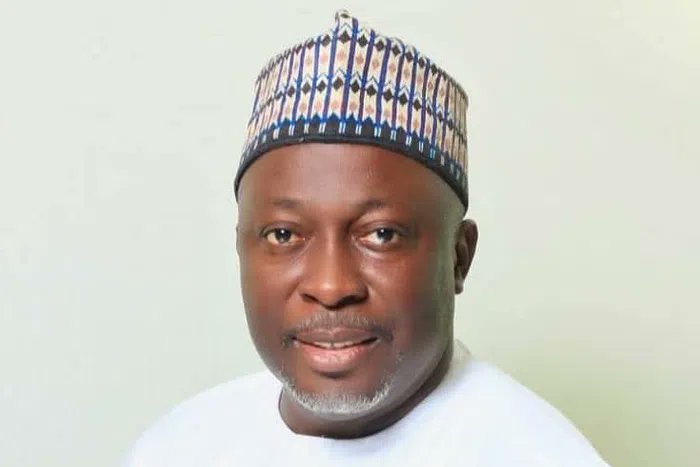By: Kekeli K. Blamey
Education experts have emphasized the need to enhance accountability in Ghana’s education sector to improve learning outcomes and ensure a high-quality educational system. These calls for accountability came from prominent figures such as Philippa Larsen, a former President of the Ghana National Association of Teachers (GNAT); Charles Aheto-Tsegah, a former acting Director-General of the Ghana Education Service (GES); Anis Haffar, Board Chairman of the National Teaching Council; and Professor Enoch Opoku Antwi, Dean of Academic City University College.
The experts voiced their opinions during a Panel of Experts Discussion on the Education Accountability Framework (EAF) held in Accra. The EAF, introduced in 2018 by the Ministry of Education, was designed to improve learning outcomes by defining the roles and responsibilities of all stakeholders from the national to the school level.
Philippa Larsen highlighted the importance of community engagement in decentralizing teacher accountability and stressed the need for transparent policies on teacher deployment. She advocated for communities to identify and train local talents who would then contribute to national development.

Charles Aheto-Tsegah underscored the importance of addressing gaps, learning outcomes, and data tracking within the education system. He emphasized that “what is not taught cannot be measured,” calling for a collaborative effort among all educational agencies.
Anis Haffar stressed that accountability in education is crucial and should involve assigning clear responsibilities. He noted the essential role of the Education Management Information System (EMIS) in ensuring effective accountability.
Professor Enoch Opoku Antwi linked accountability to personal character and action, emphasizing the importance of both hard and soft skills in fostering accountability. He pointed out that parents, teachers, education authorities, and communities all share the responsibility for providing a holistic education to children across the country.
Earlier, Rasheena Reid, Education Office Director of USAID, highlighted the need for a multi-faceted approach to institutionalizing accountability in the education sector. This approach should align with processes such as school inspections, national assessments, data systems, and evidence-based decision-making, all aimed at enhancing learning outcomes.
Mohammed Dawuda, Deputy Chief of Party for Strengthening Accountability in Ghana’s Education System (SAGES) Activity, reiterated that the ultimate goal of any educational system is to improve learning outcomes, and all actions by stakeholders should contribute to this objective.






